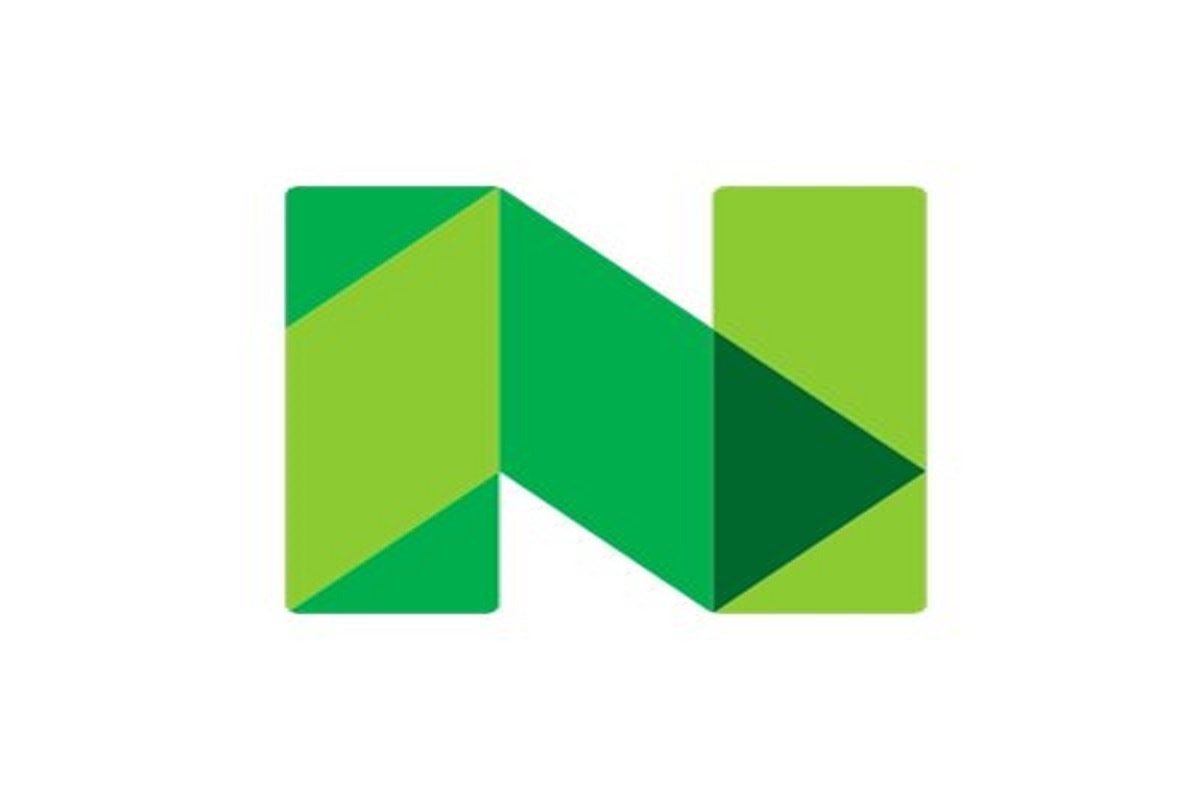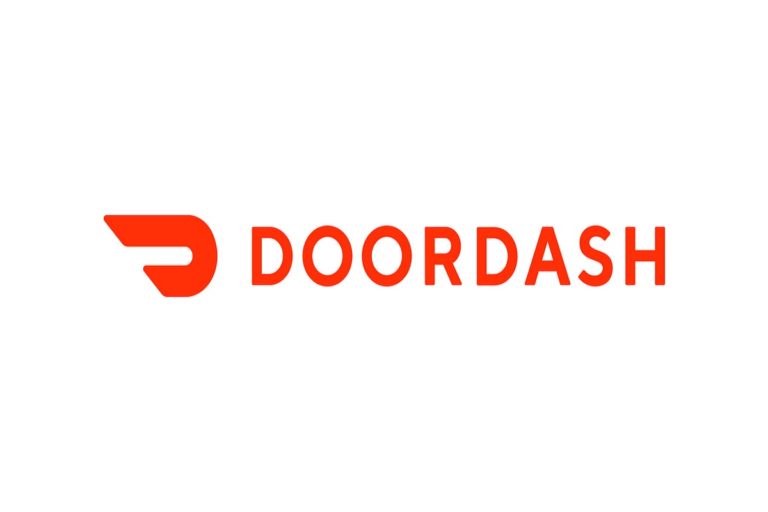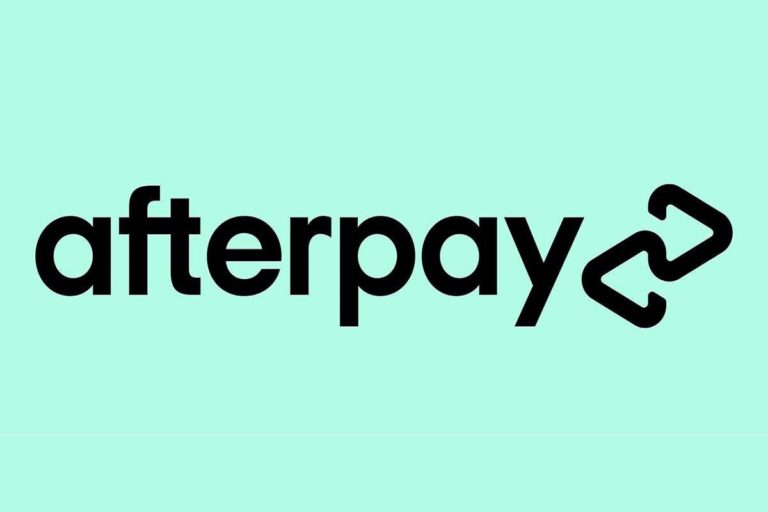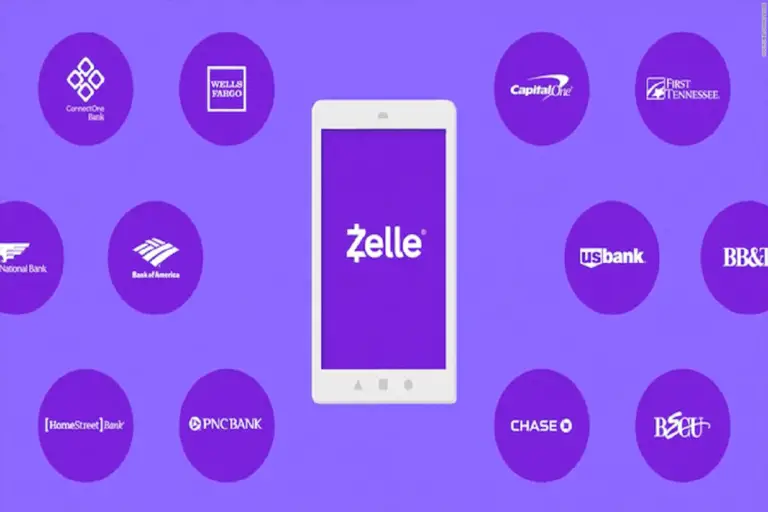The NerdWallet Business Model: How does NerdWallet make money?
NerdWallet is one of the world’s trusted destinations to find information on the best credit cards, get the perfect mortgages and so much more. Let’s look in depth at NerdWallet, the NerdWallet business model and how does NerdWallet make money.
NerdWallet: Company Profile
What is NerdWallet and how does it work?
NerdWallet is a personal finance platform that you can use to compare credit cards, investing options, insurance, student loans, banking, mortgage loans, personal loans and savings options.
It gives you side-by-side comparisons, smart calculators and straightforward simulators help you make sense of your options.to understand and improve your credit score and it also tracks your income and spending.
NerdWallet has launched both a website and an app that is available on iOS and Android. This FinTech platform gives consumers financial advice to make personal finance decisions with a mission to provide clarity for all of life’s financial decisions.
The business model of NerdWallet is to make money on affiliate commissions from the financial products that users buy through the NerdWallet website.
- Founded – 2009
- Founder(s) – Tim Chen, Jacob Gibsen
- CEO – Tim Chen
- Headquarters – San Francisco, California
- Type – Private
- Industry – Consumer Finance
- Competitors – Credit Karma | Mint | Credit Sesame | Bankrate | FeeX
So how was NerdWallet started and how does NerdWallet make money?
How was NerdWallet started?
NerdWallet was initially started to provide information on credit cards, but it has expanded to other financial products such as college loans, banking, mortgage loans, stock trading and insurance policies.
The founder Tim Chen graduated with an undergraduate degree in Economics from Stanford in 2004. Jake Gibson, Chen’s childhood friend and co-founder graduated with an undergraduate degree in Mathematics and Management Science from MIT.
After college, both Chen and Gibson ended up in NYC, Chen starting with Credit Suisse as an equity analyst and Gibson starting with JPMorgan Chase as a trading associate.

After his undergrad, Chen spent the next four years working for hedge funds such as Perry Capital and JAT Capital Management in equity research and investment roles. He was devastated when he was laid off during the 2008 recession around Christmas.
Half of his friends who had been working in finance lost their jobs and they would hang out in sports bars in the middle of the day, with nothing to do.
Gibson managed to survive the 2008 recession without losing his job and continued with JPMorgan Chase.
Chen stumbled on the idea of starting NerdWallet when his sister, who was living in Australia at the time, emailed him asking about finding a credit card with lower foreign transaction fees.
Around the same time, his parents wanted his advice for buying into a mutual fund. Chen had expertise in trading tech and media stocks, not in consumer finance.
Nevertheless, he was confident that he would easily find that information online. He was stumped when he couldn’t find any credible information about credit cards online, most of the information being marketing or promotional material but with no financial analysis and little regard to the well-being of the consumer.
Although he was an experienced finance professional, it took Chen over a week to extensively research and compile the different offers from major banks and credit card companies into an excel spreadsheet and send it to his sister.
Soon this excel sheet was being widely shared and this made Chen realize the gap that existed in financial services, where consumers had to wade through dense information provided by banks to make a well researched decision without a professional financial advisor.
Chen then started NerdWallet from his apartment in Manhattan with $800 of his own money to cover the web hosting and domain costs. NerdWallet was started with the goal of providing the pros and cons of financial services and products, provide comprehensive answers to questions and provide advice and ultimately help people in making smart and well informed financial decisions.
NerdWallet’s Growth
Initially, NerdWallet was not successful. Nine months after launch, Chen was forced to moved into his girlfriend’s apartment to save money because the site had made only $75 inspite of him putting in 16 to 20 hour workdays.
The second year was slightly better with NerdWallet bringing in $60,000 in revenue. Chen was still not sure whether he should keep working at it or try finding another job in finance, which would pay much more.
However, Wall Street firms were still reeling after the recession and there were not many good opportunities at the time, which gave Chen a good reason to stick with NerdWallet and continue working on it with Gibson joining him as a co-founder.
The public distrust of financial institutions at this time fueled NerdWallet’s growth. Users were more cynical about trusting everything that a banker or broker or financial adviser was telling them and they wanted to do more research on their own.
At the same time, shopping shifted from offline to online and the first segment to adopt this shift were millennial users who liked to comparison shop and read reviews on products that they shopped for before signing up for products.
NerdWallet positioned itself as an honest source of information for comparing credit cards, checking accounts, insurance, mortgages, online loans, etc.
2012 was a pivotal moment at NerdWallet. Although the business was growing, revenue and profitability were beginning to flatten.
Chen decided to layoff about 20 percent of his employees, in order to prepare for hypergrowth, right before the annual company holiday party.
Gibson, served as chief operating officer from 2010 to 2014. In March 2014, NerdWallet brought on former LinkedIn business operations VP Dan Yoo as COO.
By now, NerdWallet had upto 30 million annual users. In 2015, NerdWallet raised $64 million in its first round of funding and was valued at $500 million. NerdWallet also made a few acquisitions in the next few years.
In 2016, the company acquired the retirement planning firm AboutLife and NerdWallet was valued at $520 million. Both AboutLife and NerdWallet had similar approaches to retirement and NerdWallet wanted to venture into the retirement space but hadn’t focused on it much. All AboutLife employees joined NerdWallet after the acquisition.
In 2017, again the company did not meet its profitability goals and it laid off 53 people, who represented 11 percent of its workforce. As part of the layoff NerdWallet VP of growth Henry Hsu left the company and NerdWallet COO Dan Yoo moved into an advisory role.
In 2020, due to the Coronavirus, more and more consumers are facing financial challenges due to the volatile stock market, soaring unemployment rates and plunging interest rates.
In order to expand the reach of its financial guidance, NerdWallet acquired Know Your Money, a company with more than 15 years of experience operating in the U.K.
With this acquisition NerdWallet will have access to the U.K. price comparison market, network of top partners of Know Your Money as well as a suite of business products. This will speed up NerdWallet’s growth in the U.K. market.
NerdWallet also acquired Fundera to expand its financial guidance and financing options for small business owners, to establish a strong foothold in the SMB market.
Fundera has deep knowledge of the SMB industry and is committed to providing business owners with fair and innovative financing options. This made it an ideal partner for NerdWallet as it looks to expand into this segment.
NerdWallet’s Statistics
- NerdWallet’s funding: NerdWallet has raised a total of $105M till date in a total of 4 funding rounds.
- NerdWallet’s valuation: In the last funding round in 2015, NerdWallet was valued at $520 million.
- NerdWallet’s users: NerdWallet provides financial guidance to more than 160 million consumers every year.
- NerdWallet’s employees: NerdWallet has 569 employees.
- NerdWallet’s revenue: NerdWallet makes more than $150 million annually in revenues.
How does NerdWallet make money?
NerdWallet’s revenue model is based on affiliate commissions, where financial services companies pay NerdWallet when its readers sign up for a credit card or a similar product after clicking through the NerdWallet site.
NerdWallet’s commissions can be anywhere from zero to hundreds of dollars. About 5% of users go from reading to buying a product. For products such as loans, the company gets paid on a percentage basis.

NerdWallet is transparent about the affiliate commissions it receives in the form of a disclosure on the site, but they also mention that these commissions do not influence the recommendations or advice on the site.
Final Thoughts
NerdWallet is very customer focused and does extensive user testing to understand the different types of financial advice that readers seek. The company’s focus is to hire the best and invest in creating content that is complete for questions that users ask.
One of the reasons for NerdWallet’s success is its strong content strategy. The company won the trust of its users as well as unseated many of the incumbents in the industry at the time because of this strategy.
The founder initially committed to publishing 500 high quality articles a month when the site was started, which he gradually increased to 1000 a month. He realized very early on that organic search was the way to go.
NerdWallet was able to earn high quality links from authoritative sites this way and is the go to destination for sound financial research.
This focus on content strategy will continue to contribute to the company’s success as it expands into different realms of market segments and geographies.
We hope this article has shed some light on NerdWallet’s profile and answered the question how does NerdWallet make money.
Other Business Models: Discord, Afterpay, Zoom, Zelle, Craigslist, OfferUp, Honey, Venmo, Carvana, DoorDash, Webull, Hinge, Bumble, Vinted







